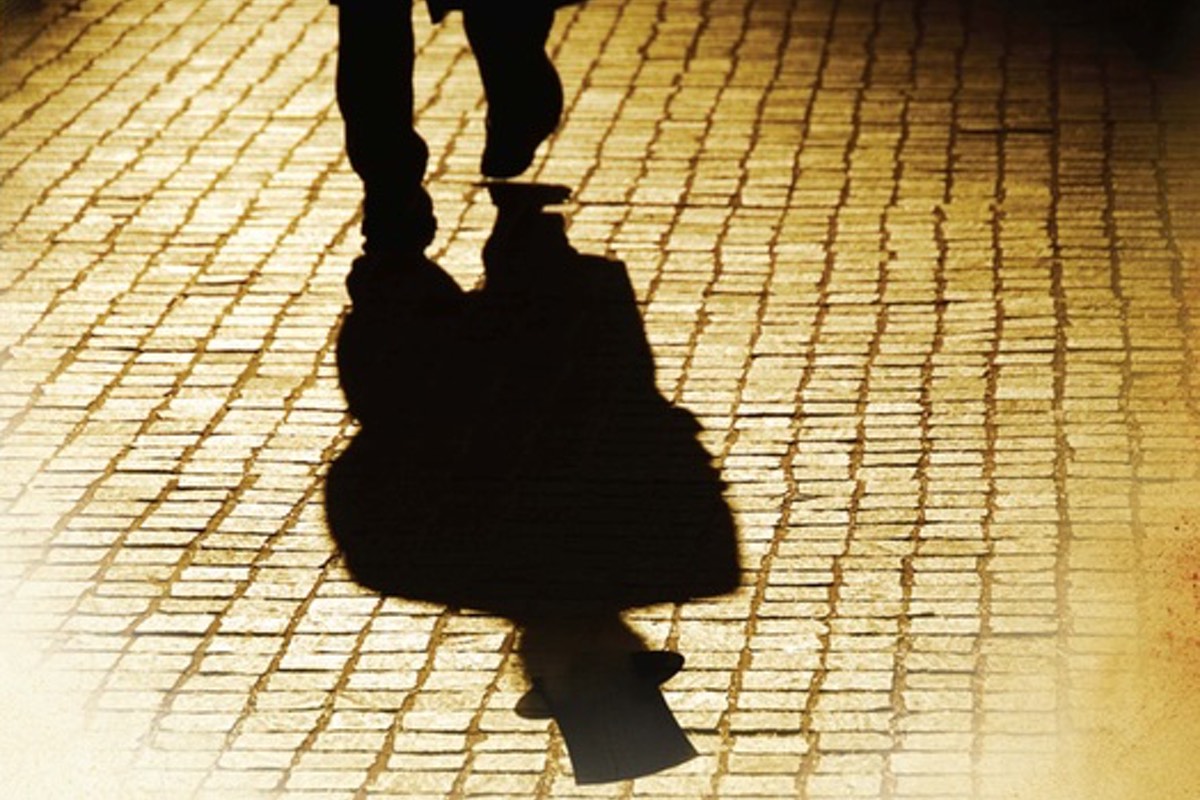So You Want To Be A Writer

By now you will have read thousands of words by world experts in the art of historical novel writing – amongst whom I do not number myself, as I’ve tried to make clear.
On the other hand, I have been a published writer for nearly fifty years, if not a full- time professional (I had to wait till I was fifty to achieve that), and have taught creative writing to people who have in their turn gone on and become published authors themselves. Any teacher rejoices when a student succeeds, but – were I not a tad past such things – believe me, I’d do handsprings when someone I know does that.
To be a writer you have to work so very hard. In fact, I used to preface my courses with pretty gloomy words: to get published you must want to write more than anything else in the world because it involves so many sacrifices.
At this point two or three would get up and walk out, and not just because they’d thought creative writing meant the sort of calligraphy you see in Christmas cards.
Those who stayed did what must have seemed at the time to be pretty weird exercises. We’d play games like Consequences, making up nonsense stories. We’d lie on the floor, relaxing like expectant mothers. (One of the best moments of my teaching career was when Inspectors came into my classroom just as the students lay down. I invited them to join in. One was too dignified, but the others accepted the invitation and… well, who knows: perhaps they wrote the most imaginative reports of their lives.) They did visualisation exercises. (At one point I taught classes on a cruise ship going through the Red Sea. Despite the heat after a particular exercise during which we imagined ourselves in the Arctic, half the class was shivering.) They’d improvise dialogue. They’d write in genres they’d never wanted to try. They had a lot of writing homework!
Some of the students went further. They did what I’d done when I was becoming a writer. They set aside writing time over and above that needed for work I’d set. They turned down invitations to things they’d normally have loved to do because they wanted to dedicate their evenings to writing. They hardly watched TV. They probably neglected their housework and assumed their partners could iron and cook. They went in for competitions which meant they got used to working to deadlines and to word guidelines. Sometimes they won; if they didn’t they worked out where they’d gone wrong and tried again. Some got published in fringe magazines that paid zilch; others found outlets in commercial publications and surged into class flourishing a cheque that meant so very much more than simply money – it was an accolade. They started to put together a writer’s CV, so that when they approached agents or publishers they could prove that they were capable of sustained effort.
Some gathered together in small groups to criticise each other’s work. It wasn’t the quality of the biscuits that concerned them, but the quality of the writing. There was sometimes secret jealousy if one of the group got published, but also a great deal of genuine joy. There was also the collective shoulder to cry on when the post bought a rejection slip.
I don’t do much teaching now – I’m still producing two books a year and need my time and energy to keep myself fit enough to do that. (See my website for information about my working week.) If I were to give an aspiring writer any advice it would be to do what my students did and actually what I did myself: work harder than you believe possible. Remember one more thing when rejections seem to overwhelm you: writing is a craft you have to learn. You wouldn’t expect an apprentice bricklayer to build a mansion at the end of his first week, would you?